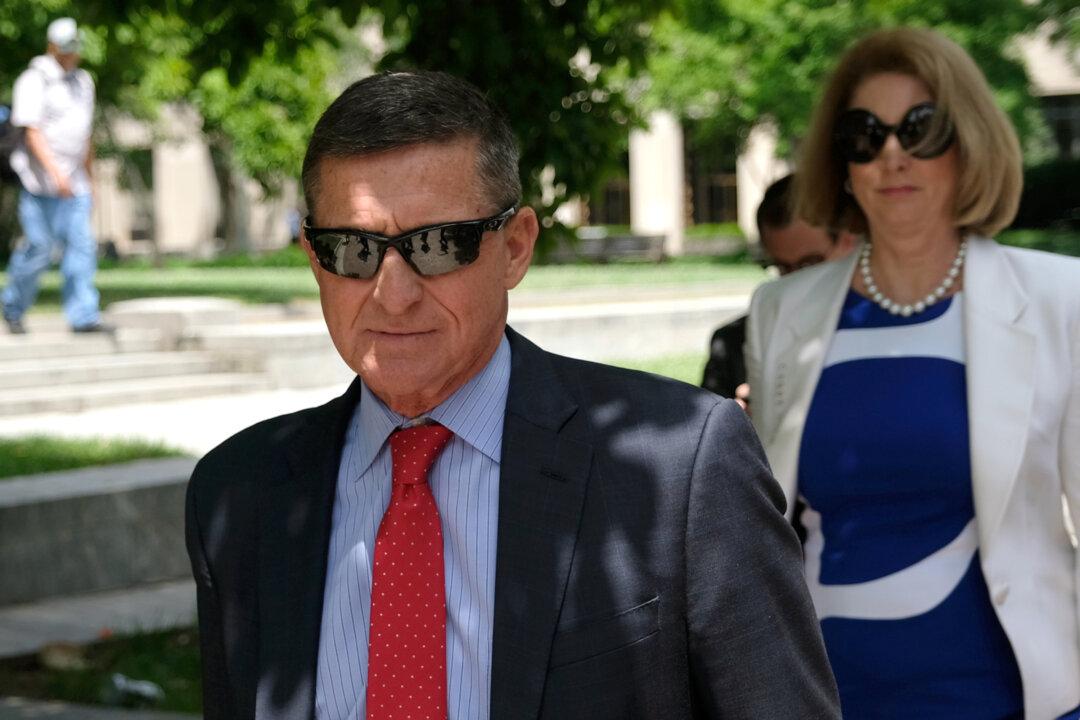An FBI agent assigned to the investigation of retired Lt. Gen. Michael Flynn wanted to be taken off the case, he recently told FBI investigators, saying the prosecution of Flynn was being used as a means to “get Trump.”
FBI agent William Barnett was assigned to the Flynn case shortly after it was opened in August 2016, as part of the FBI’s probe into alleged collusion between the Trump campaign and Russia, which was dubbed “Crossfire Hurricane.” But the case was “opaque,” lacking much detail of specific evidence of any crimes, Barnett told FBI and DOJ investigators on Sept. 17 (pdf).





